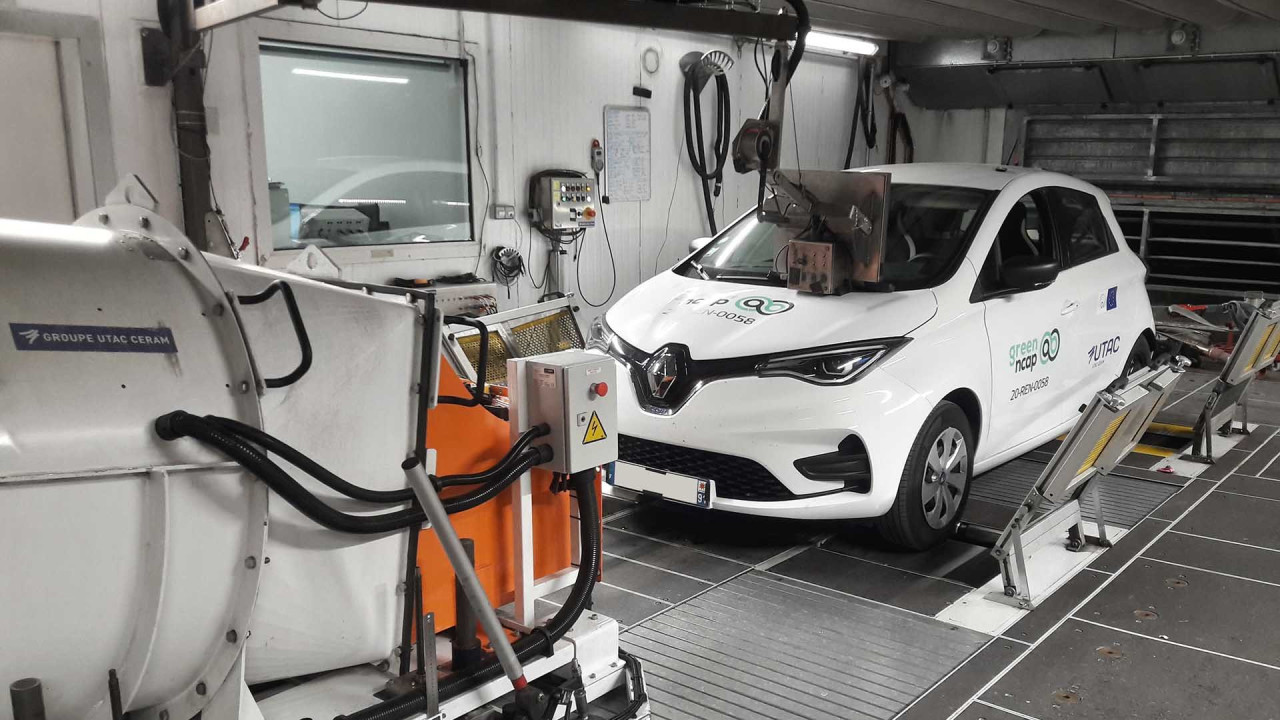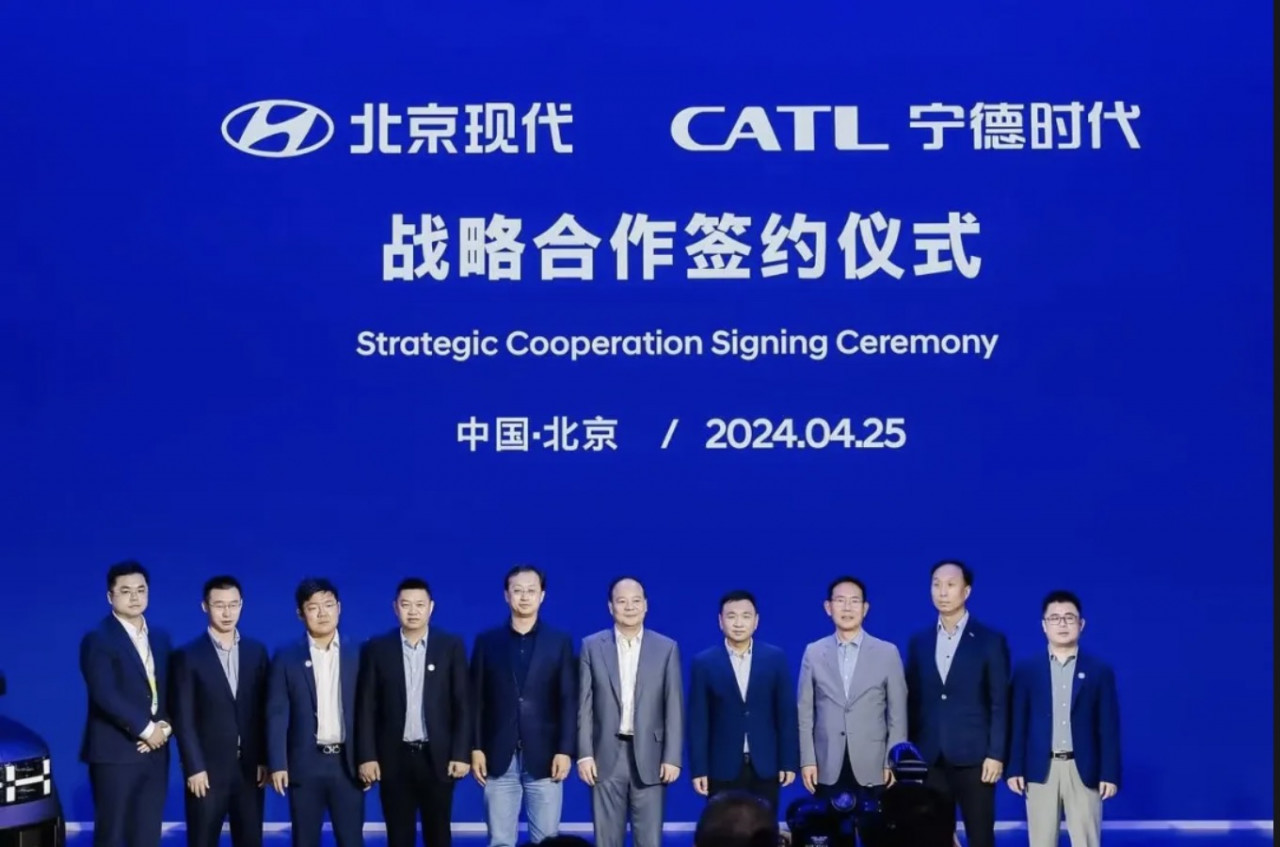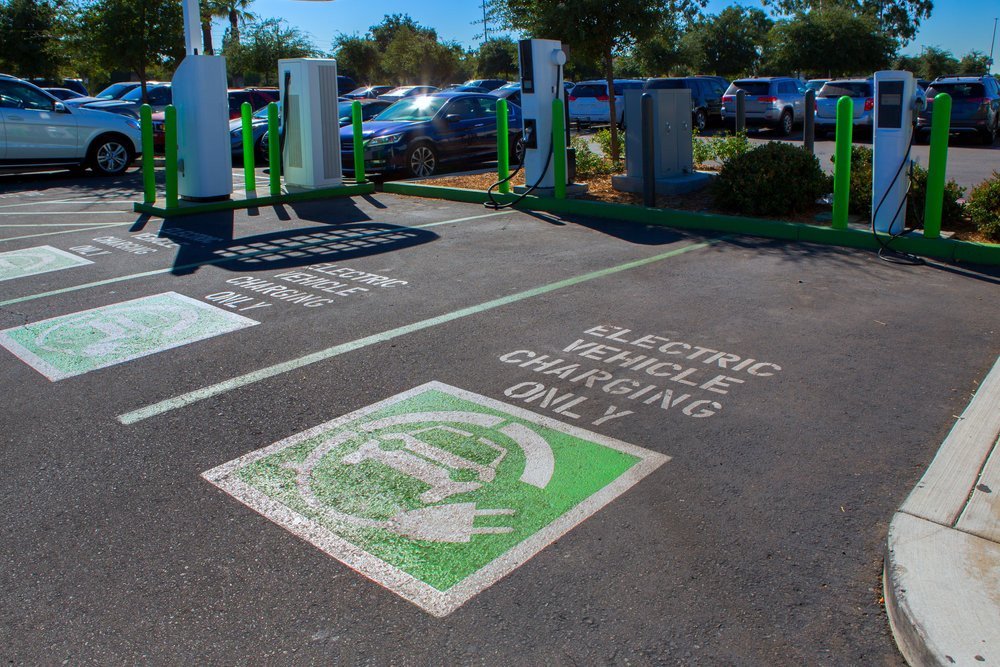Green NCAP's latest LCA data reveals lowered environmental impacts of EVs
Independent new car assessment initiative Green NCAP has updated its Life Cycle Assessment (LCA) data and fact sheets on various categories of new cars. The latest results have revealed the lowered environmental impacts of battery electric passenger cars and plug-in hybrid vehicles over their lifetime, compared to conventional combustion engine vehicles.
This change can be attributed primarily to the decreasing carbon intensity of battery production and the improving expectations for Europe's future energy mix, the agency claims.
Emissions from battery production, in kg CO2-equivalent/kWh capacity, have decreased by ca. 16 percent in the new data, driven primarily by economies of scale and sustainability efforts of manufacturers. On average in Europe, electricity emission projections between today and 2039, in grams CO2-eq./kWh, are expected to decrease by about 26 percent compared to old data.
Increasingly ambitious policy initiatives, such as Fit for 55, are the driving force behind heightened expectations for greener European energy. Overall, these improvements in the industry, now reflected in the data, have resulted in a decrease in emissions of some 20 grams CO2-eq./km for the average battery electric vehicle representing about 15 percent reduction of their total carbon footprint. This equates to a saving of 4.8 tonnes of CO2-eq. for each vehicle over its lifetime.
LCA is a methodology that estimates all the emissions associated with the production and use of a specific product from cradle to grave. There is a broad consensus that this method is essential for producing fair environmental assessments of transportation systems.
LCA calculations, therefore, allows comparison of vehicles in a more neutral and systematic manner. Additionally, Green NCAP's LCA produces results and fact sheets that are especially catered to what consumers are driving today.
"The LCA of vehicles has been an essential part of the information Green NCAP offers. However, continual data updates are necessary to stay aligned with industry developments and changing energy supply trajectories. Green NCAP's LCA, we believe, provides improved standardization, more realistic and relevant results, consumer-operability, and good comparison abilities", said Dr. Aleksandar Damyanov, Green NCAP Technical Manager.
Green NCAP's updated data better reflects the energy supply and batteries currently on the market and can deliver more realistic results as it uses Green NCAP's actual test consumption measurement data.


























